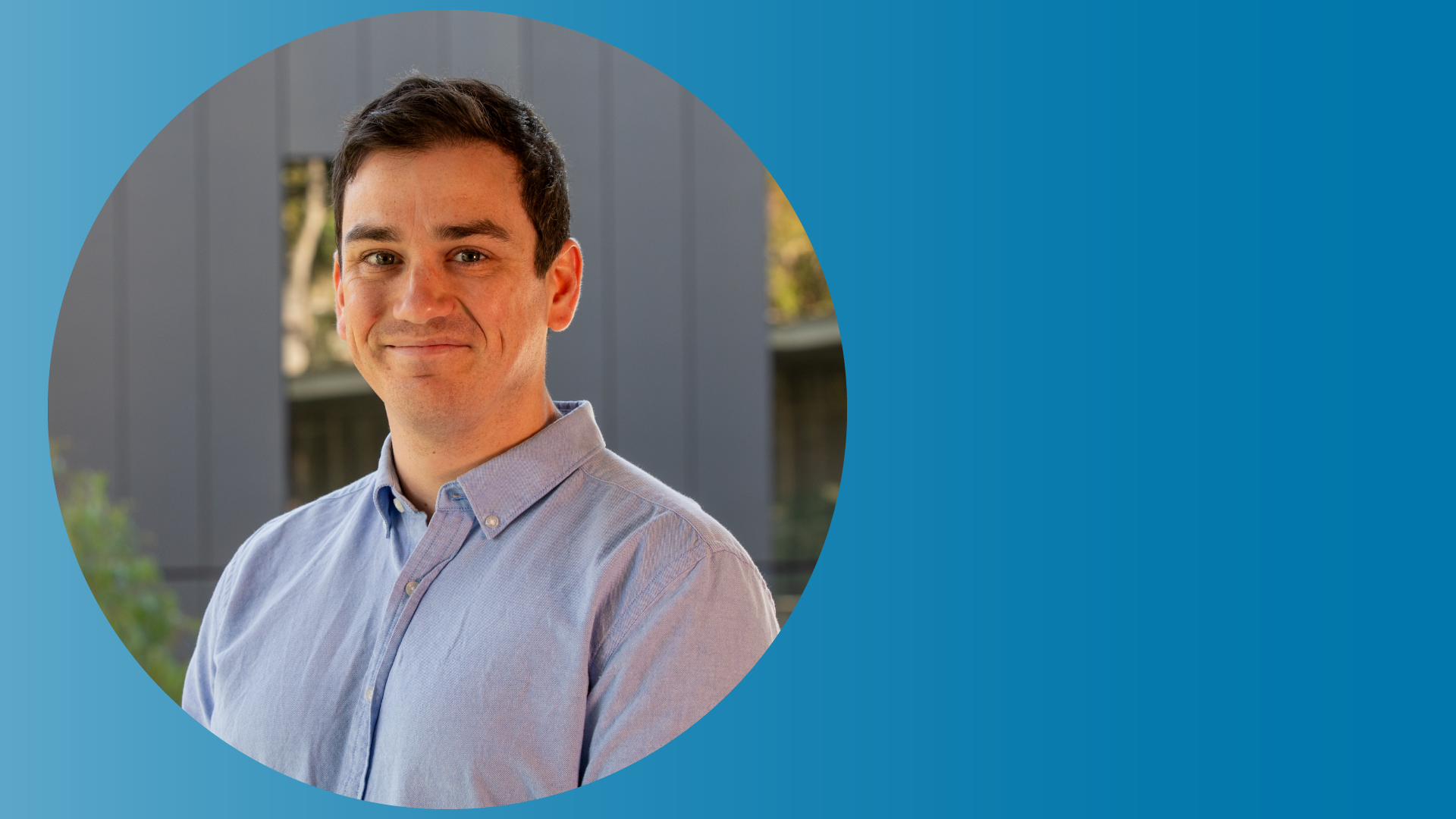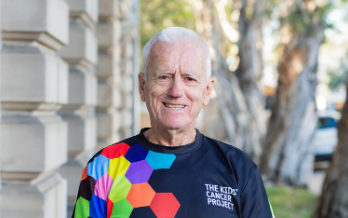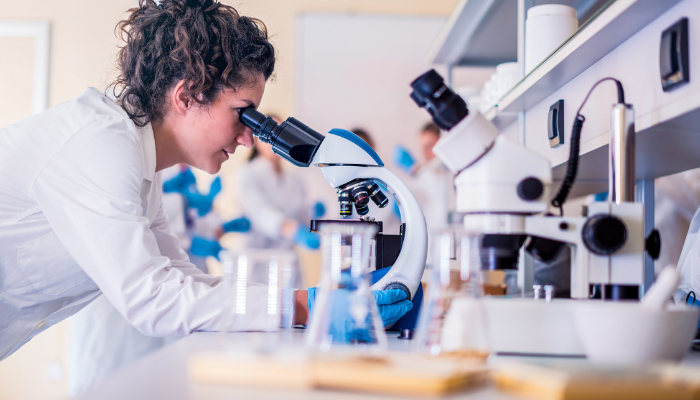PhD Scholarship recipient, Bryce Thomas

Recipient: Bryce Thomas
Institute: University of Newcastle
Funding: $30,000 July 2024 - February 2027
The Kids’ Cancer Project awards Col Reynolds PhD Top Up Scholarship to the best and brightest post-graduate scholars to help them carry out their studies without financial pressure.
In 2024, three post-graduates have been awarded scholarships, each valued at $10,000 per year for a maximum of four years. Chosen for their ingenuity, feasibility and innovative approach to research, each budding childhood cancer researcher is a brilliant addition to The Kids’ Cancer Project’s scientific community.
The Kids’ Cancer Project spoke with Bryce Thomas, one of the three PhD recipients about his 2024 Col Reynolds PhD Top Up Scholarship. A PhD scholar at the University of Newcastle, Bryce’s project focuses on childhood brain cancer and finding new treatments for aggressive tumours.
When and why did you become interested in childhood cancer research?
During my undergraduate studies, I was worked as a trainee scientist in the haematology department at Sydney Children’s Hospital and Prince of Wales Hospital. There I gained unique insight into the journey of patients, from the point of diagnosis and throughout their treatment process. Those experiences stoked my curiosity and passion to learn more about these devasting diseases, which ultimately led me towards a career in children’s cancer research.
What was your inspiration to further your studies?
Early on in my Honours year I had a strong desire to pursue a career in research. After completing my Honours, I worked as research assistant for two years at Kids Research at Westmead Childrens Hospital and the Children’s Medical Research Institute. I loved being part of passionate multi-disciplinary teams and seeing academic and translational research in action.
I found these experiences captivating, and highly rewarding, which resulted in me progressing towards a PhD. I haven’t looked back since.
What project are you working on now? What is your role?
My PhD project focuses on identifying novel therapeutic targets for children’s brain cancers like diffuse midline glioma (DMG) (an aggressive tumour with little hope of a child surviving) as well mediators of immunosuppression.
Using mass spectrometry analysis* we found a unique protein expressed by these deadly tumours that we believe can be targeted with an antibody-based therapy. As well, we suspect that protein is a critical component of the structural framework that supports cell growth in tissue, which could contribute to a “cold” tumour** microenvironment.
We hope this research will lead to the development of a successful immune-based therapy for deadly children’s brain cancers, as well as greater understanding of the role that the extracellular matrix plays in dampening the response of the immune system.
*Mass spectrometry is an analytical tool useful for measuring the mass-to-charge ratio of one or more molecules present in a sample.
**Cold tumours tend to be surrounded by cells that can suppress the immune response and keep T cells (a type of immune cell) from attacking the tumour cells and killing them. Cold tumours usually do not respond to immunotherapy.
Why is this research important?
DMG is a universally fatal paediatric brain cancer diagnosis with a survival rate of less than one year. Currently, the only standard of care is palliative radiotherapy, and only a fraction of patients will respond. Heartbreakingly, it is the same treatment given to little patients 60 years ago with no improvements to survival outcomes since.
As a result, there is a desperate need for effective treatment options.
Emerging immunotherapies like chimeric antigen receptor or “CAR” T-cells, show great promise in attacking tumour cells. But given the genetic complexities associated with such diseases, we still need to identify a greater number of cancer-associated proteins* that can be targeted, as well understand the complexities of the cold tumour microenvironment that impact a treatment’s effectiveness.
*Proteins work in tandem to build supply lines that deliver oxygen and nutrients to tumours, enabling them to survive and grow.
How does it feel to be a recipient of the PhD Top Up Scholarship and how will it help your career?
To be awarded with the Col Reynold’s PhD Top Up Scholarship is a truly humbling moment of my career in research. The recognition of my hard work, dedication and passion by my peers in our community, fills me with immense pride. I am incredibly grateful. The added financial support that this award brings not only allows me to balance my professional aspirations, but also support my family. It also gives me the resources to further develop my skills and share my research with our community.
The funding to help support your PhD studies is possible thanks to The Kids’ Cancer Project’s community of incredible donors. Would you like to share a message of thanks to those donors?
I’m incredibly grateful to have been selected to represent The Kid’s Cancer Project through the Col Reynolds PhD Scholarship. Invaluable research strides are made possible through philanthropic organisations like yours. Your donors are visionary in support emerging scientists. I want to sincerely thank all the wonderful donors that support and enable us to strive towards improving lives of children diagnosed with cancer. Thank you!
Find out more about the Col Reynolds Fellowship
With an investment of over $7.6 million, The Kids’ Cancer Project is ensuring that some of the best and brightest young researchers in Australia can further their careers and most importantly, their impact on childhood cancer research.


Read more from past recipients
From a field of outstanding candidates across Australia, The Kids’ Cancer Project has funded the next generation of childhood cancer researchers. Their science-backed research is sure to deliver breakthroughs across a range of areas relating to childhood cancer.

